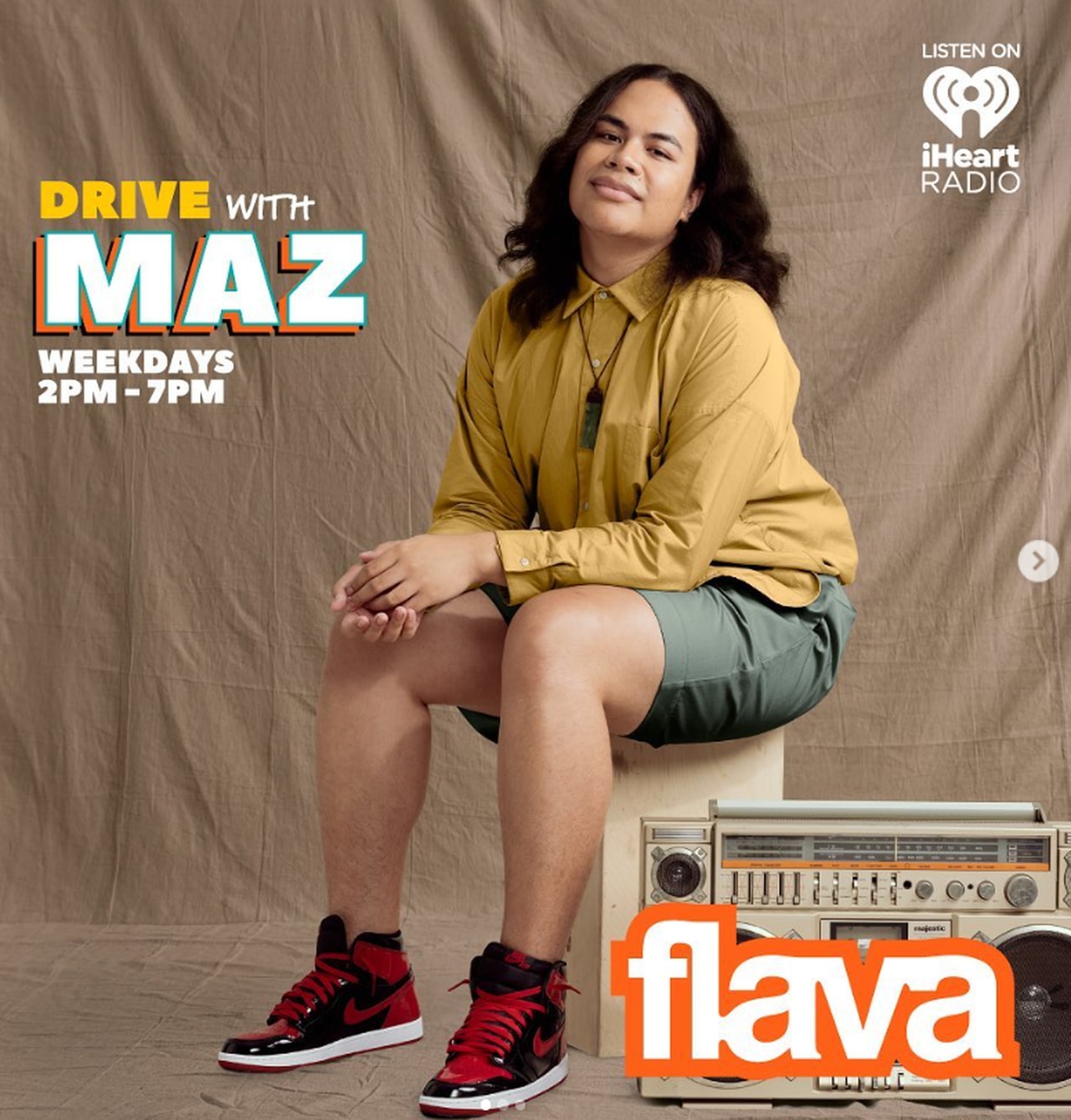10 LGBTQ Pacific Islander visionaries you need to know
When Jeannie Mai Jenkins interrupted her co-host at the White House Forum on Asian Americans, Native Hawaiians and Pacific Islanders last week, it revealed an ongoing problem within the Asian American and Pacific Islander (AAPI) community: Pacific Islanders are greatly overlooked.
“Nobody’s remembering [the phrase ‘Asian American Native Hawaiian Pacific Islander Heritage Month’]. Just do the ‘Asian… Asian Heritage Month’,” said Jenkins, former host of The Real and current host of America’s Test Kitchen: The Next Generation. Jenkins is of Chinese and Vietnamese descent.
“Asian American,” coined in 1968, started out of a reclamation against white counterparts’ usage of “Oriental”. By the 1980s, the U.S. Census Bureau evolved the term into “Asian Pacific Islander.” In doing so, it inadvertently looped Pacific Islanders into that same category as all Asians without acknowledging their respective and unique struggles, from sovereignty to decolonization. Today, the community is recognized as “Asian American and Pacific Islander (AAPI),” though the term continues to be critiqued by those who believe it doesn’t equally reflect the experiences of Pacific Islanders.
Mixing Asian American matter with Pacific Islander matter is common. For TikTok’s inaugural 2023 Asian and Pacific Islander Visionary Voices, the infamous platform spotlighted AAPI content creators. Out of the 15 accounts listed, only one was a Pacific Islander—Melemaikalani Makalapua, an educator based in Hawaii.
Even within the AAPI community, Pacific Islanders face even harder adversities. In a Williams Institute report on the wellbeing of AAPI LGBTQ people, 51% of LGBTQ Pacific Islanders reported to not feel safe and secure, compared to Asian Americans, at 29%.
In a time where the LGBTQ community is seeking justice, queer and trans AAPI community members are fighting for their LGBTQ rights while their Pacific Islander heritage gets continuously erased or mixed in with those pertaining to Asian people. At Reckon, we want to highlight queer and trans Pacific Islander voices, because queer people are leading the way for climate change, poetry, content creation, and art.
Remembering the “Pacific Islander” in “Asian American and Pacific Islander” is crucial. In honor of May being AAPI Heritage Month, we’re putting the spotlight on queer and gender-variant Pacific Islanders revolutionaries who are showing pride for all their identities—from educator, to environmental justice delegate, to drag queen, to royal princess, artist, and more.
Mariner Fagaiava-Muller
Mariner Fagaiava-Muller, current radio host of Flava Drive with Maz, is a young and vocal Pacific Islander who is passionate about people, culture, indigenous storytelling and youth advocacy. He was a journalist at TVNZ, using his passion to “narrate powerful truths.” Fagaiava-Muller is proud to be South Auckland-born and bred, and single mum-raised.
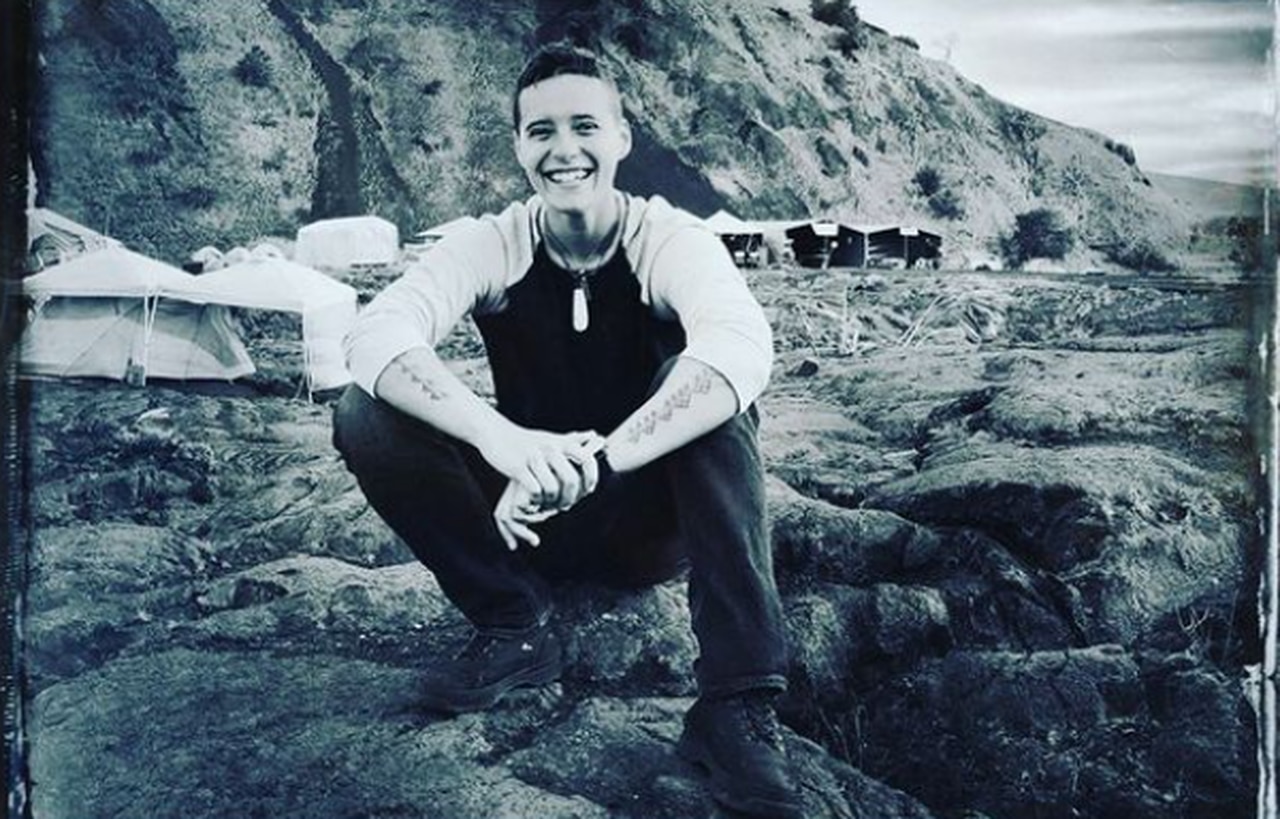
Jamaica Heolimeleikalani Osorio
Jamaica Heolimeleikalani Osorio is a Kanaka Maoli wahine—or Native Hawaiian woman—artist, activist, and scholar born and raised in Pālolo Valley. Currently, Osorio is an Assistant Professor of Indigenous and Native Hawaiian Politics at the University of Hawaiʻi at Mānoa. She is the author of the award-winning book Remembering our Intimacies: Moʻolelo, Aloha ʻĀina, and Ea.
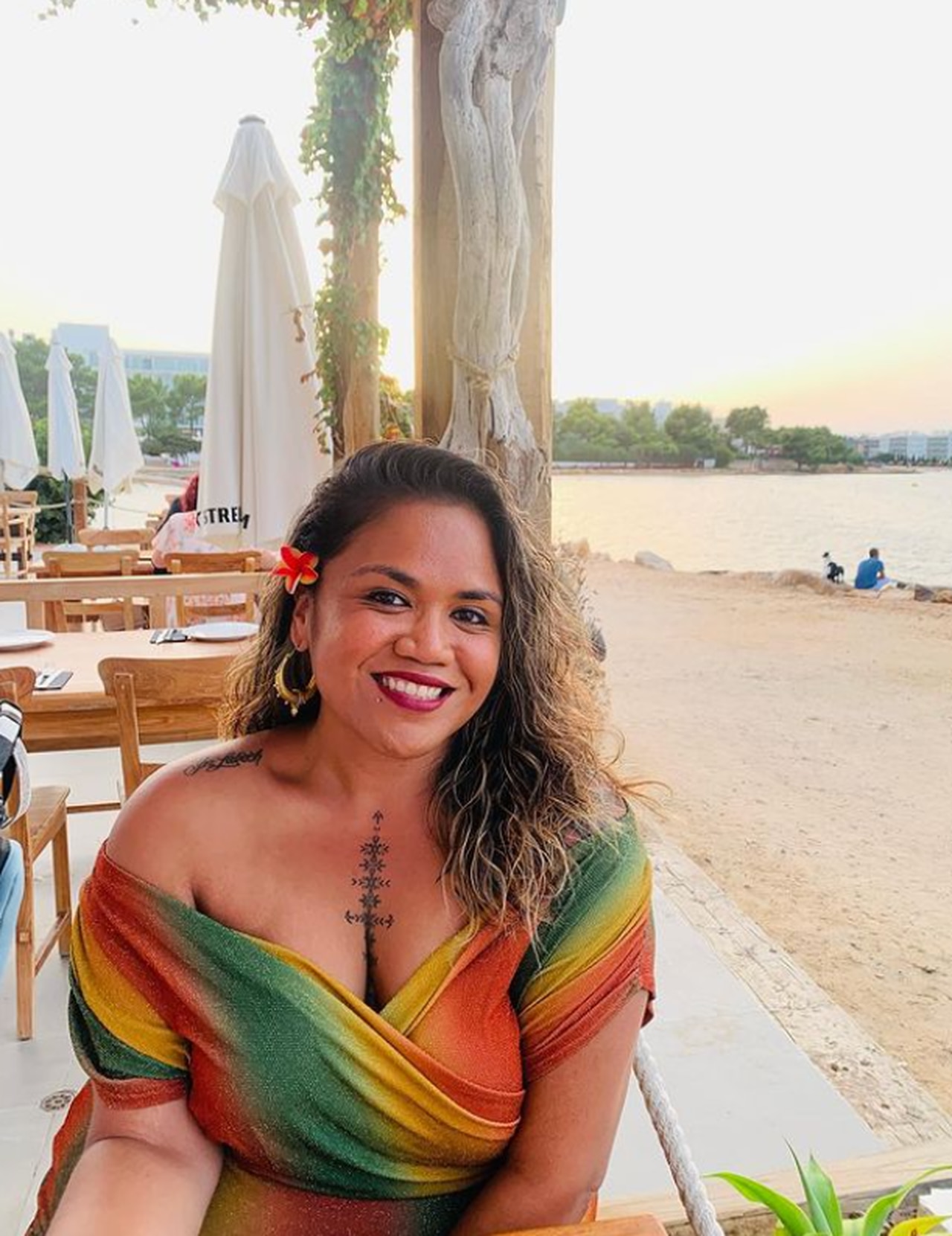
Terisa Siagatonu
Terisa Siagatonu is an award-winning poet, teaching artist, mental health educator, and community leader born and rooted in the Bay Area. Siagatonu, who is Samoan, has performed and spoken at the White House, the UN Conference on Climate Change in Paris, and more. She is a recipient of President Obama’s Champion of Change Award in 2012 for her activism as a spoken word poet/organizer in her Pacific Islander community. These days, Siagatonu facilitates workshops, leads artistic and professional development training, provides mental health clinical support, and delivers keynote speeches across the country.
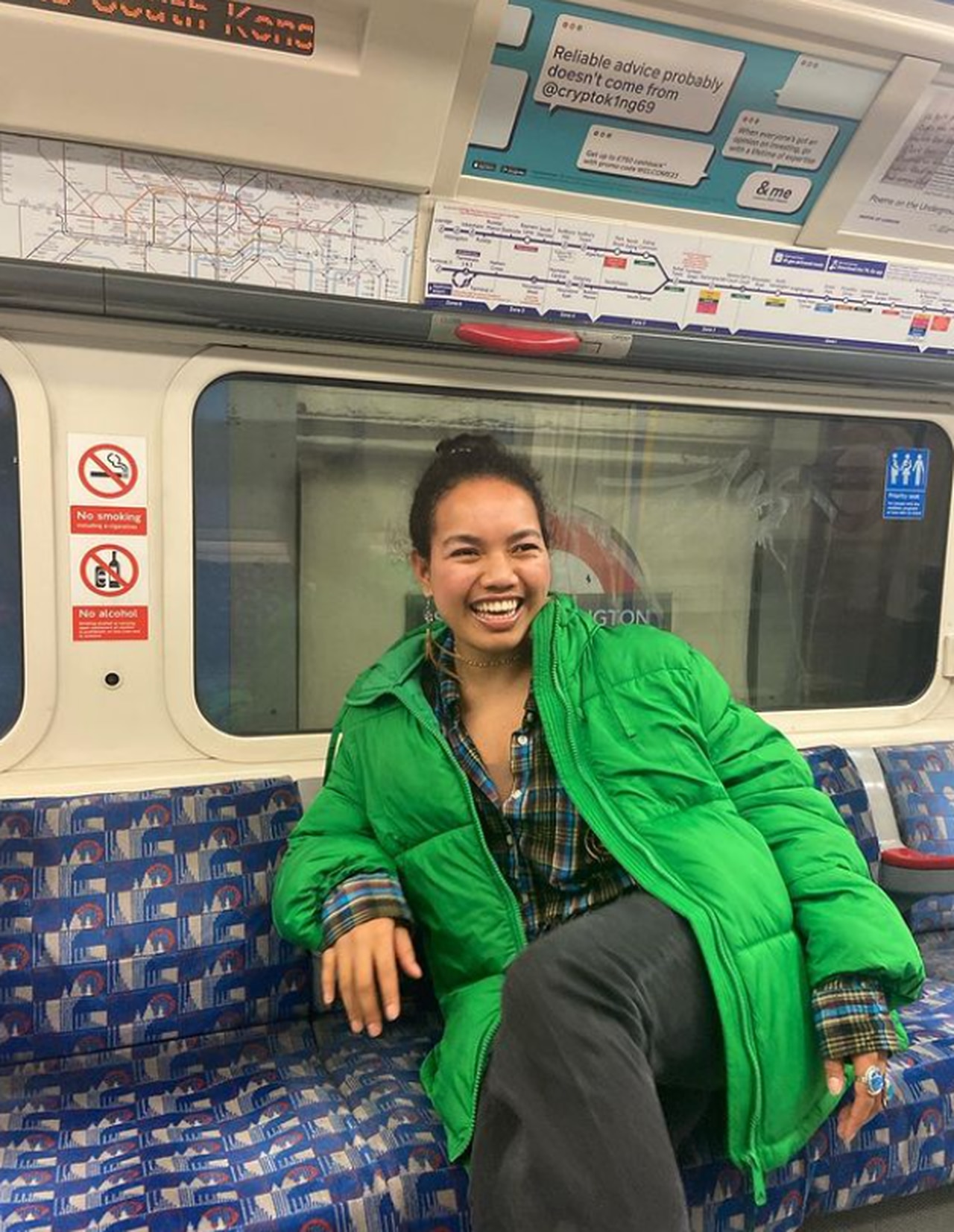
Selina Neirok Leem
Selina Neirok Leem identifies as “a small island girl with big dreams.” She credits her grandfather for her deep awareness of the fate of her home—the low-lying Marshall Islands in the Pacific Ocean—through his stories about how the ice in the North Pole and South Pole were melting and would soon flood the islands. At 16, Leem moved to Germany to finish high school in the United World College (UWC) Robert Bosch College in Freiburg, where she took on the role of a climate crisis warrior for her country. Representing the Marshall Islands, Leem was the youngest delegate at the 2015 UN Climate Change Conference in Paris.
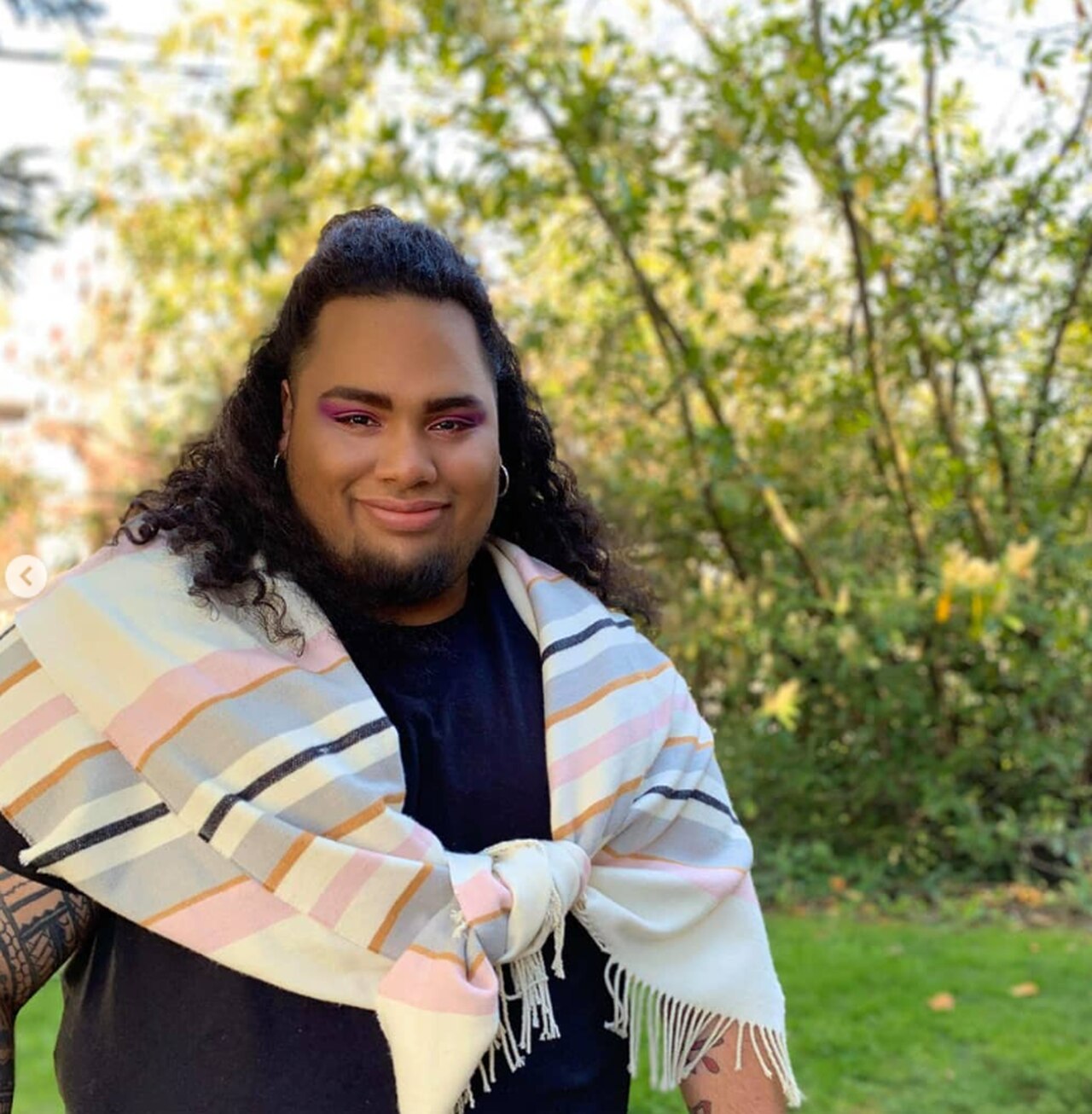
Kevin Aipopo
Kevin Lionga Aipopo is a storyteller and student leader based in traditional Kalupuya, Confederated Tribes of the Grand Ronde, and Atfalati lands, also known as Beaverton, Ore. Aipopo’s work centers around the intersections between their ethnic identity as a Black American and Samoan person and their gender fluidity. Kevin uses their platforms to “interrogate systems of power, challenge normalcy, and uplift voices within” their communities. Through interpersonal connection, community organizing, poetry, and education, they have found space as an emerging voice for Black, Indigenous, queer, trans, and climate liberation.
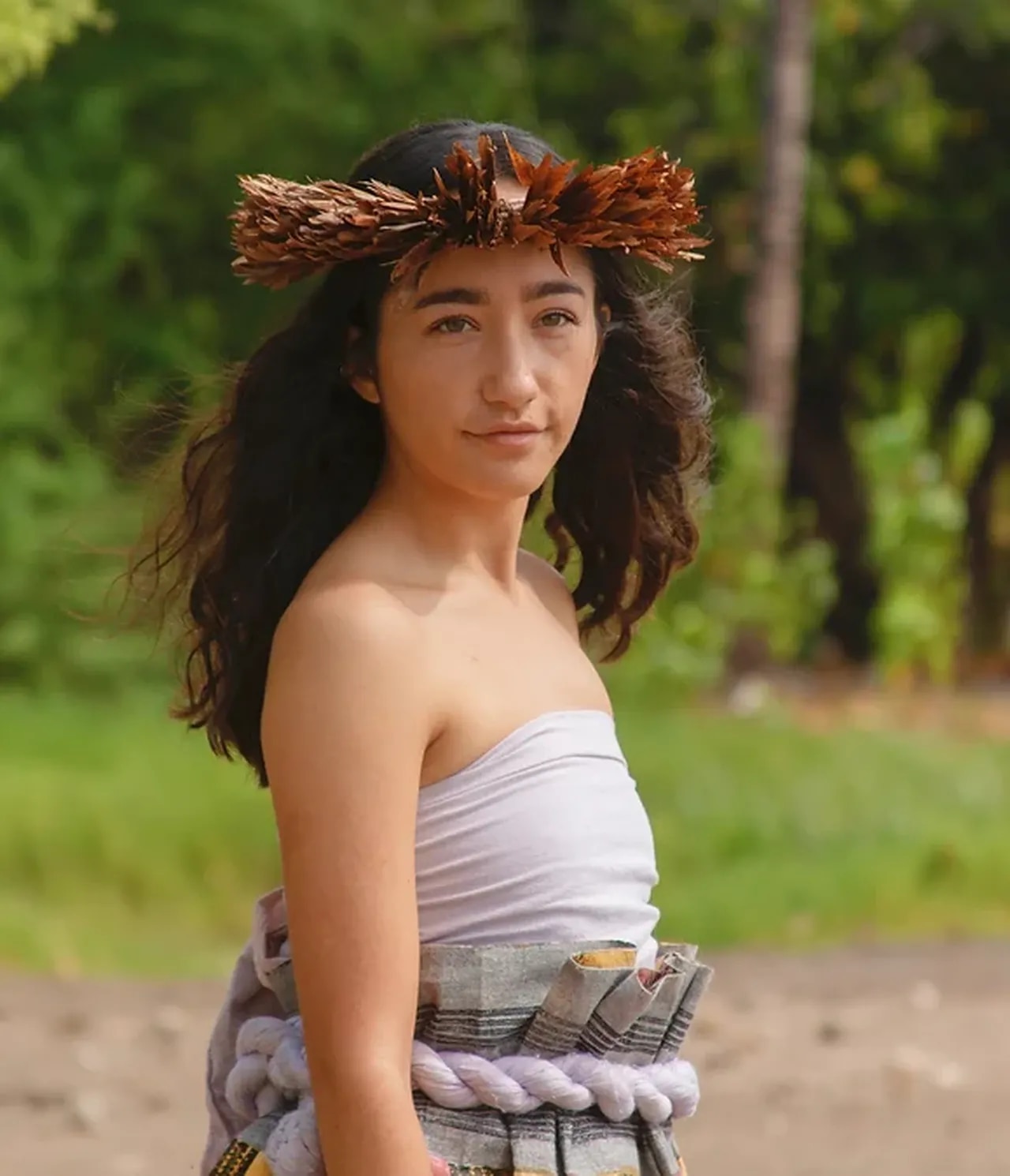
Kapulei Flores
Kapulei Flores is a photographer who focuses on capturing authentic moments, showing a perspective of Hawaiʻi through native eyes. Flores, along with her family, have been involved in the Protect Mauna Kea Movement for over 10 years. Through this, she has been able to capture her family’s journey throughout the movement as well as be able to document other frontlines around the world. Documenting different cultural events, ceremonies, and movements, her work has been featured in Teen Vogue, Buzzfeed News, Vox, Ms. Magazine’s 25 under 25, and more.
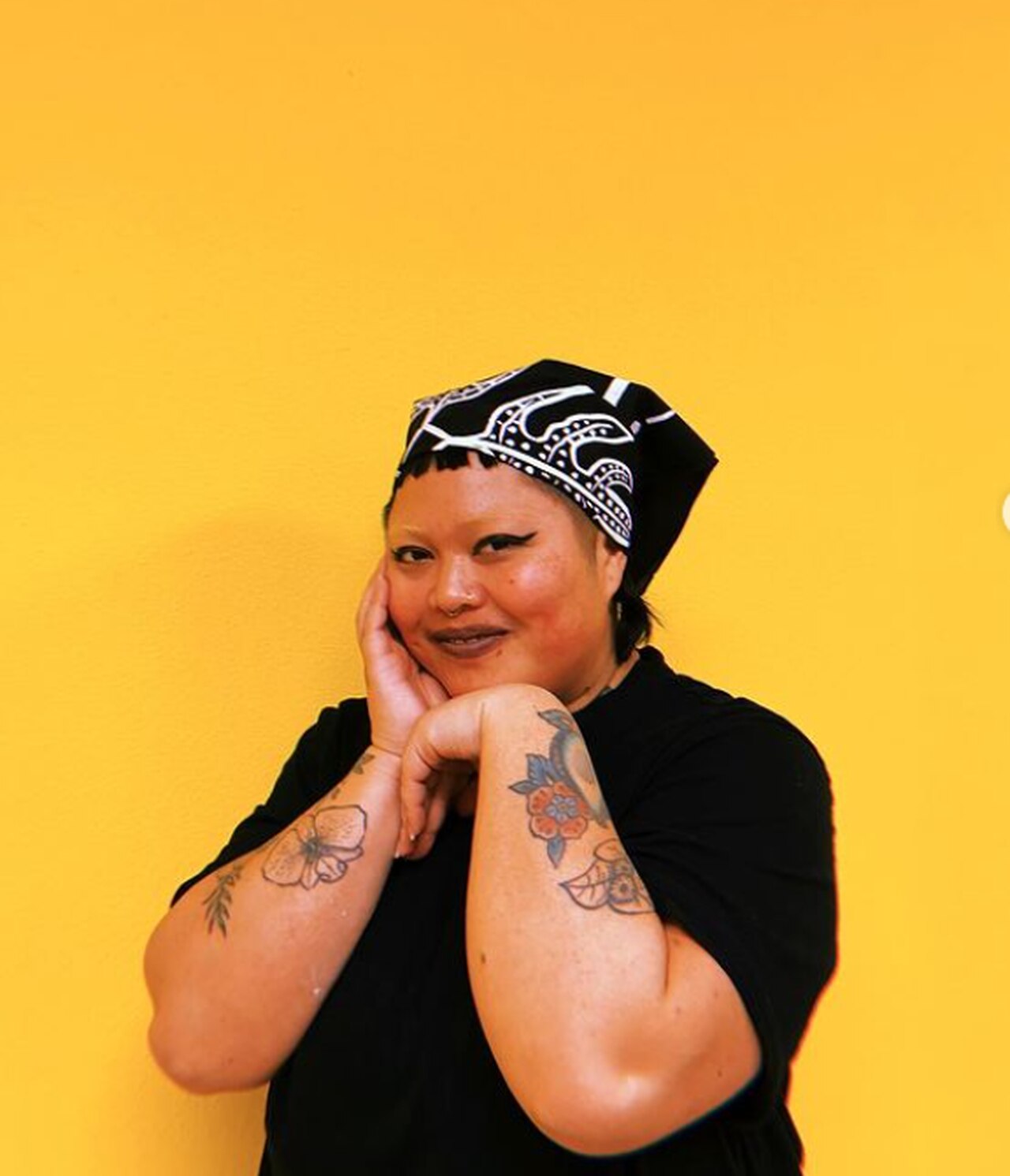
Lourdez Puti’on Velasco
Lourdez Puti’on Velasco is a queer, non-binary, CHamoru parent, multi-disciplinary creator, organizer and facilitator. They are based in Duwamish, Coast Salish Territory also known as Seattle, Wash. Their work weaves storytelling, illustration, poetry, collage, dance, performance, song and film. Velasco is a former teaching artist and exhibiting artist at the Wing Luke Museum. In 2020, they were awarded ARTS at King Street Station Artist-in-Residence. Velasco is a co-founding member of queer CHamoru art collective Guma’ Gela,’ a queer and trans Pasifika & Asian Artist Collective flower flower, and co-founder of the Trans Women of Color Solidarity Network.
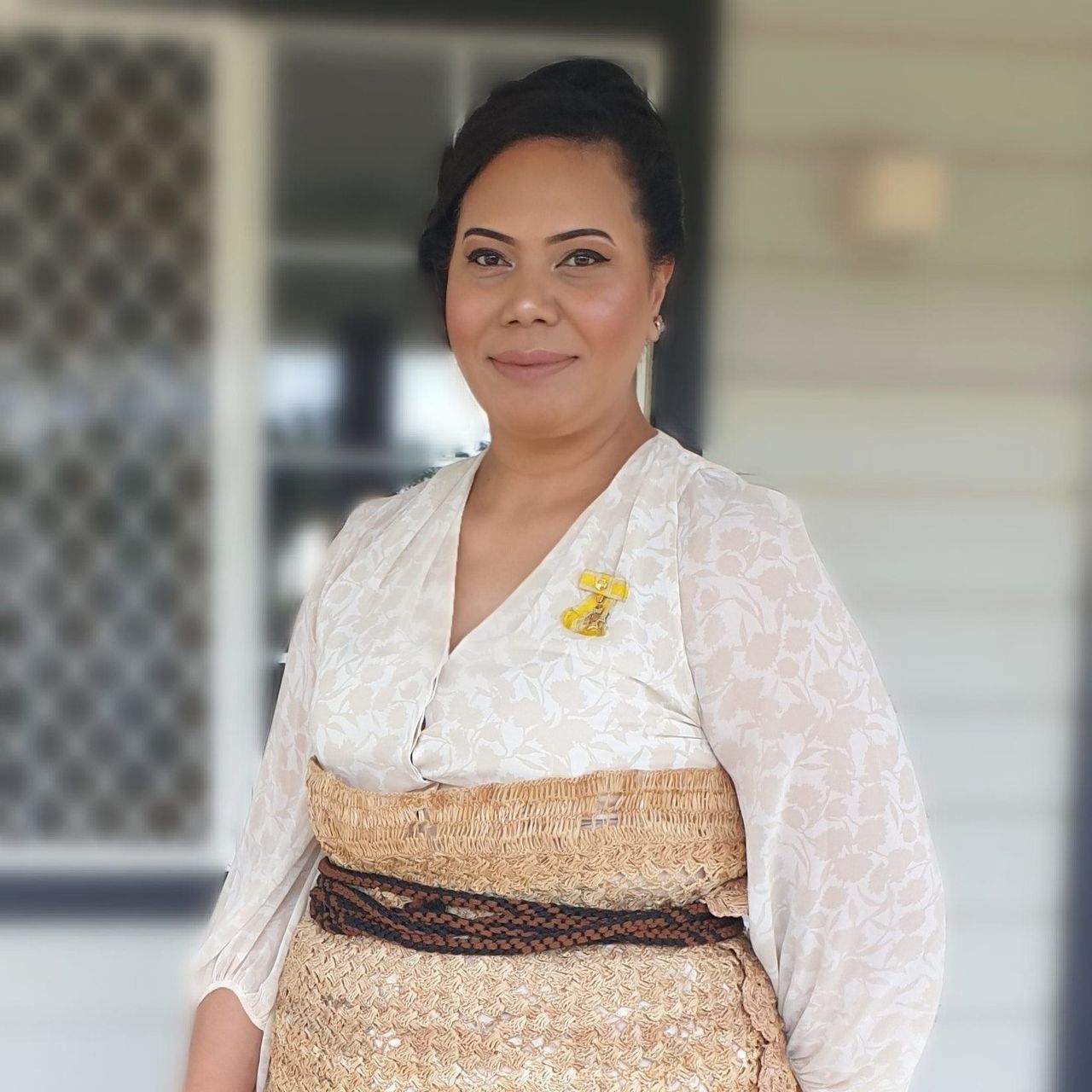
Hon. Frederica Tuita Filipe
Hon. Frederica Tuita Filipe is the daughter of HRH Princess Salote Pilolevu Tuita of Tonga. Bypassing traditions, she married commoner Sione Filipe. As a member of the royal family, her reputation is lowkey. After an LGBTQ Tongan activist was murdered, Hon. Filipe spoke out, saying “Being Tongan means living as [Polikalepo Kefu] did, embodying our society’s values of love, humility, respect, and loyalty. Our society has yet to take command of the responsibility required to truly commit to those [Tongan] values and implement them where it counts.” For her, “where it counts” implies the greater protections of leitī people against anti-LGBTQ hate crimes.
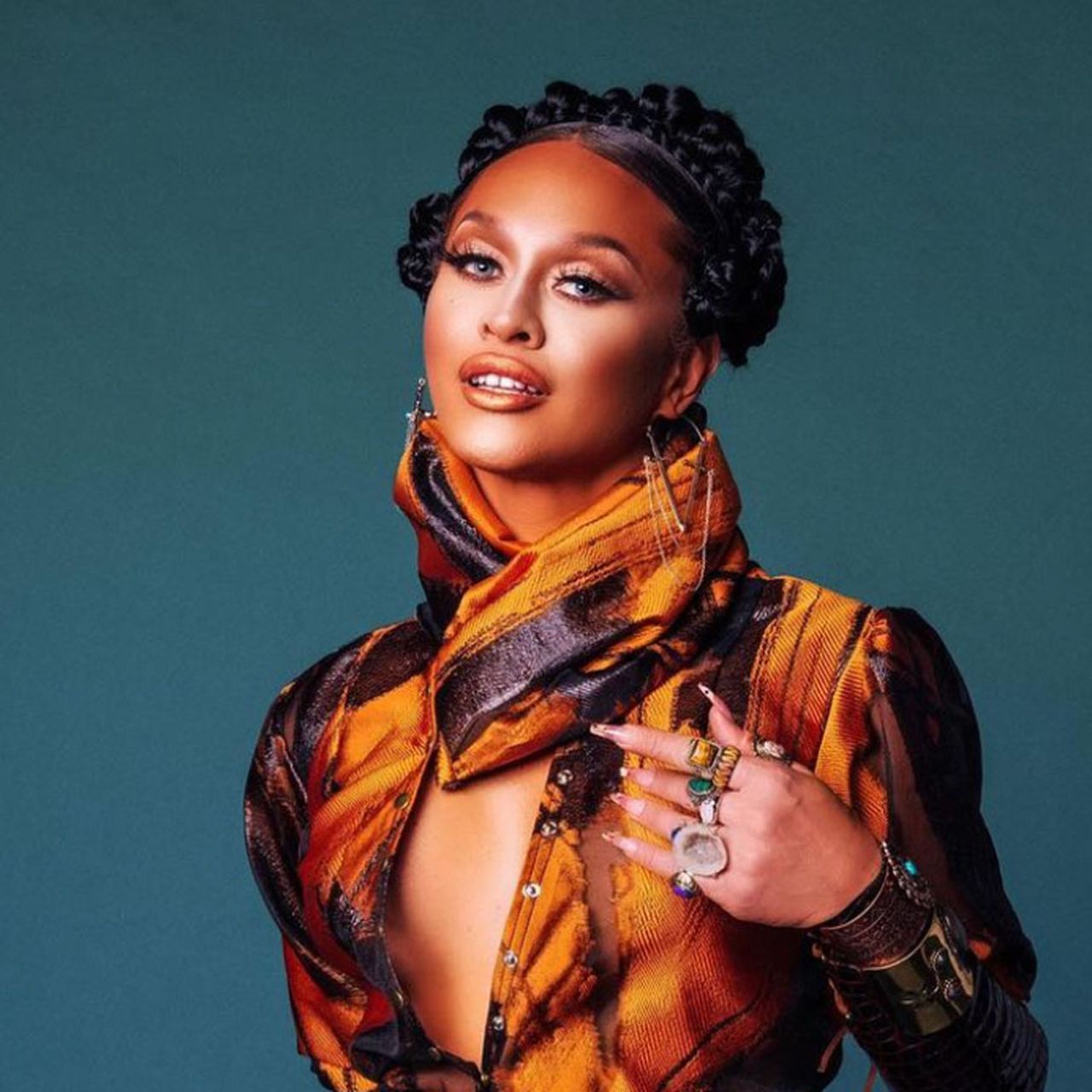
Sasha Kekauoha
Sasha Kekauoha, also known through her drag persona Sasha Colby, is the winner of Season 15 of RuPaul’s Drag Race, over a decade after her groundbreaking win of the Miss Continental pageant in 2012. Kekauoha is a Hawaiian-born, Los Angeles-based trans drag queen. Self-titled as “Your favorite drag queen’s favorite drag queen,” her recent rise to stardom has been a major victory for the trans community amidst the current wave of record anti-trans legislation nationwide.
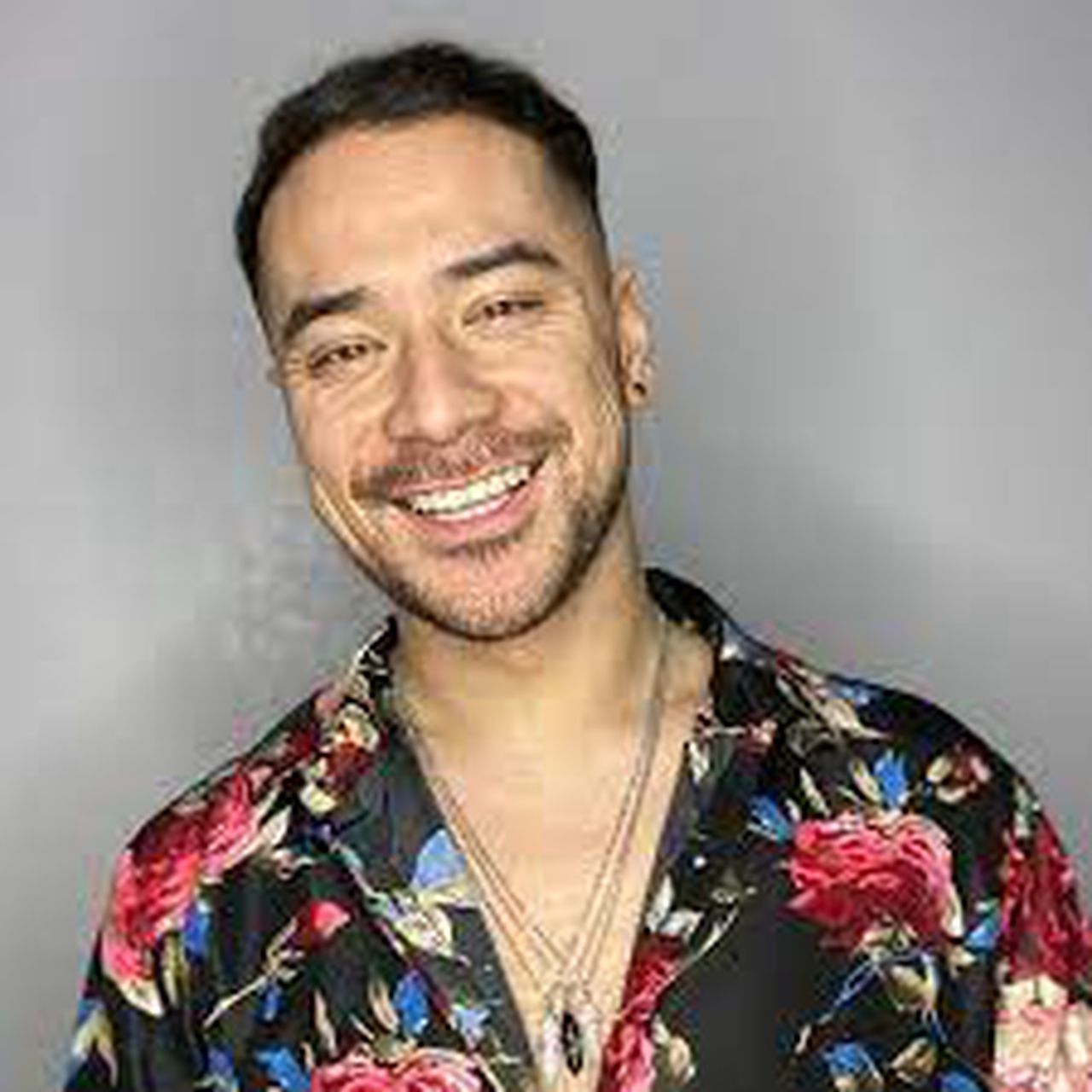
Stanson Afoa
Stanson Afoa is a queer Samoan TikToker whose following is over 100,000 followers, with over four million likes on his page. Although Afoa works as a senior social media analyst for many global brands, TikTok is his hobby. From media commentary to Pacific Islander skits, Afoa’s TikTok presence touches on the intersection of culture and communications. He is a self-proclaimed “6′4 ethnic baddy.”
